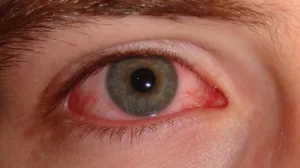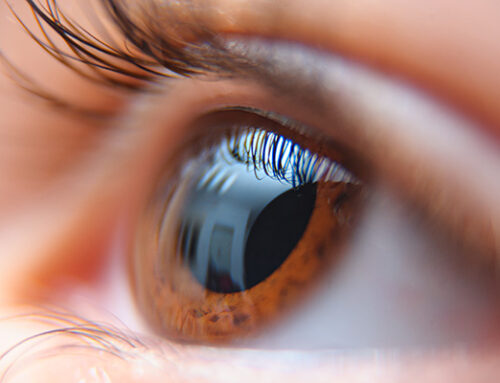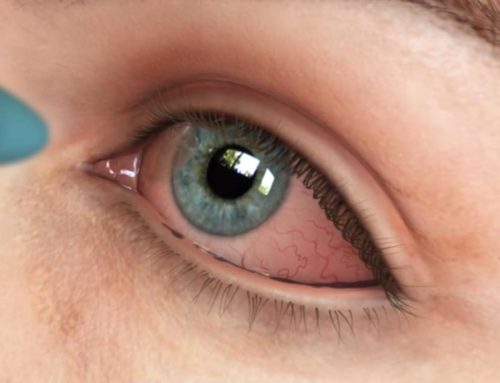
Pink eye, also known as conjunctivitis, is a common eye condition characterized by inflammation of the conjunctiva—the thin, transparent membrane that covers the white part of the eye and lines the inner surface of the eyelids. If you suspect you have pink eye, seeking timely diagnosis and treatment is crucial. In this blog post, we will explore the role of eye doctors in diagnosing and treating pink eye, providing insights into the expertise and services they offer in managing this common eye condition.
Diagnosing Pink Eye
Eye doctors play a significant role in diagnosing pink eye. During a comprehensive eye examination, they will evaluate your symptoms, review your medical history, and conduct a series of tests to determine the cause of your eye irritation. These tests may include:
- Visual Acuity Test to assess your visual acuity and to ensure your vision is not affected by the conjunctivitis.
- Slit Lamp Examination using a specialized microscope called a slit lamp, eye doctors can closely examine the structures of your eyes, including the conjunctiva, cornea, and eyelids. This examination helps them identify signs of inflammation and determine the type of conjunctivitis.
- Evaluation of Symptoms eye doctors will ask you about your symptoms, such as redness, itching, discharge, and eye discomfort, to gather essential information for the diagnosis.
- Medical History Review Discussing your medical history helps eye doctors identify any underlying factors that may contribute to your conjunctivitis, such as allergies, exposure to irritants, or recent infections.
Differentiating Pink Eye Types
Pink eye can have various causes, including viral, bacterial, and allergic factors. eye doctors are trained to differentiate between these types of conjunctivitis through careful examination and analysis of your symptoms. They may also ask you questions to determine if your symptoms are associated with allergies, recent illnesses, or exposure to potential sources of infection.
Treatment and Management
Once your eye doctor has diagnosed pink eye, they will recommend an appropriate treatment plan based on the underlying cause of the condition. Treatment options may include:
- Medications
Eye doctors can prescribe medicated eye drops or ointments to alleviate symptoms and manage the underlying cause of the conjunctivitis. Antibiotics may be prescribed for bacterial conjunctivitis, while antiviral medications may be recommended for viral conjunctivitis. - Symptom Relief
Eye doctors can advise on home care measures to provide relief from symptoms, such as applying warm or cold compresses to the eyes, practicing good hygiene, and avoiding potential irritants. - Follow-up Care
Eye doctors may schedule follow-up appointments to monitor your progress, ensure the effectiveness of the treatment, and make any necessary adjustments to your care plan.
When to Consult an Eye Doctor
If you suspect you have pink eye, it is advisable to schedule an appointment with an eye doctor. They can evaluate your symptoms, provide an accurate diagnosis, and recommend the most appropriate course of treatment. In some cases, they may refer you to an ophthalmologist, a medical doctor specializing in eye care, for further evaluation or advanced treatment options. Eye doctors play a vital role in diagnosing and treating pink eye. Through comprehensive eye examinations your eye doctor can properly diagnose and help to treat the eye condition known as pink eye.





